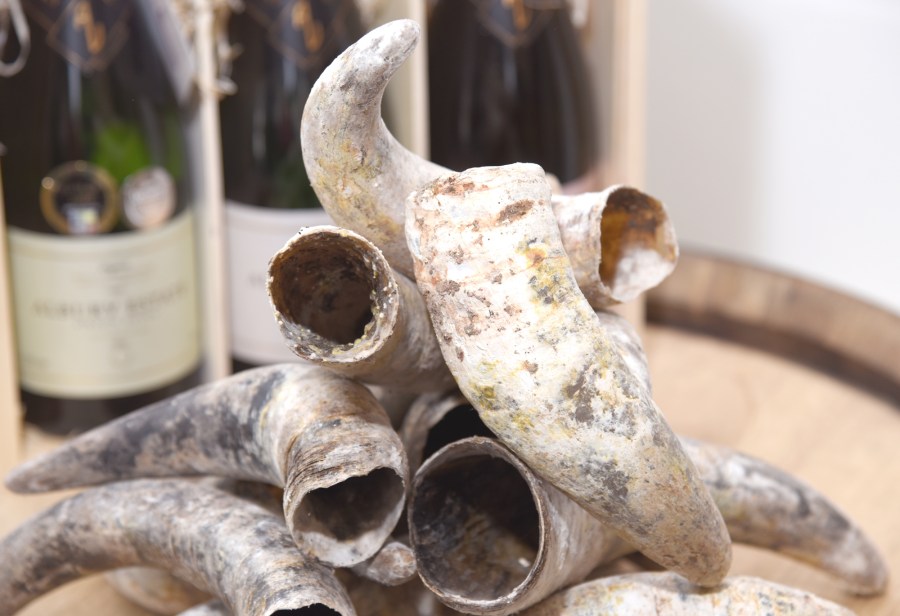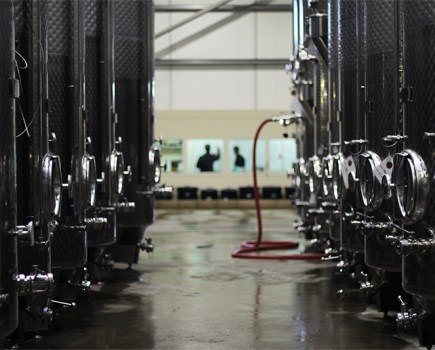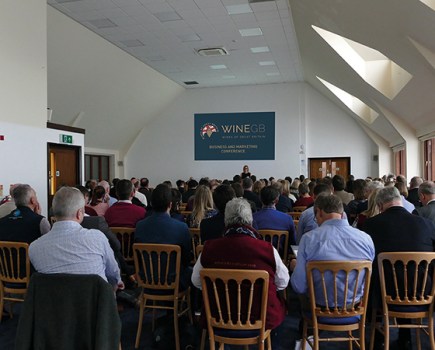In 2009, ex-IT software business owner Nick Wenman planted his first vines on land rented from Albury Estate in Silent Pool, Surrey.
“After selling his business to retire, dad planted the vineyard to fulfil his dream,” said Lucy Letley, Nick’s daughter and marketing and events manager at Albury Organic Vineyard. “My mum might say it was a midlife crisis, but dad has always had a passion for the wine industry, good wines and vineyards in particular.”
Wanting to stay close to the family base, Nick appointed viticulture consultant Stephen Skelton to find a suitable well sheltered, south facing slope, with good sunlight exposure and drainage in the area and to advise on clones and rootstocks.
Following in the footsteps of other sparkling wine producers, Chardonnay, Pinot meunier and Pinot noir were planted, along with some Seyval blanc and a small section of Pinot gris. However, Nick was always keen to do things differently and, despite being advised against it, planned to establish a biodynamic vineyard.
“Stephen warned dad against organics because it is not easy growing vines in England and to do it organically is no doubt harder and more labour intensive,” said Lucy. “Being told not to made him want to do it even more and his awareness of the top-quality wines which have come from biodynamic vineyards across the world drove him further down this path.”
Sharing Nick’s passion for biodynamic viticulture, Alex Valsecchi, one of the only female vineyard managers in the country, joined the team in time for the first year of pruning.
“Nick was determined to make it work and I am very much the same,” said Alex, vineyard manager. “We put our hearts into it and have built a team that wants to succeed. There is a philosophy behind biodynamic and the feeling that we do better for our vineyard, our ecosystem and biodiversity.”
With additional vines planted in 2010, what was once considered as a hobby vineyard is now a fully functioning commercial estate producing a range of still and sparkling wines following biodynamic practices.
Following the moon
While biodynamic vineyard management follows the same vine cycle as conventional vineyards there is a greater consideration over the timing of events which should follow the lunar calendar.
Everything which involves the land should be performed when the moon is descending because the gravitational pull helps to create a drawing energy to take nutrients down to root level. Planting should also be done with the descending moon to encourage root growth. All tasks which impact the foliage or the top of the plant should be done on an ascending moon because when the moon is growing a pulling up effect is in force.
However, recognising that the weather is very rarely in vineyard managers’ favour in England, the team do take a practical approach to following the biodynamic calendar and believe that it is important to find a balance.
“At the end of the day we still wear a farmer’s hat,” said Alex. “Pruning, for instance, should be done on a descending moon, but we have 21,000 vines which are not happy to be pruned in wet weather. If the weather is right but it is an ascending or full moon week we will still prune because it needs to be done.”
Equally, picking should technically be carried out on a fruit day, but organising labour can be tricky and fruit quality always comes first.
“It is always about finding the balance,” said Alex. “When it comes to picking, we will primarily look at the health and quality of the fruit, for instance if we have a pressure with diseases we will harvest to make sure the fruit is clean. We look at the weather and we listen to our winemaker.”
There are however certain tasks which must be done following the moon of which spraying preparation onto the land is one. On Friday 13 April 2018, as the moon is descending, the team will be embarking on the annual ritual of digging up organic manure filled cow horns which have been buried over the winter to allow the manure to ferment and become enriched with nutrients.
“After we dig up the horns we will mix the fermented cow manure preparation with water to dynamise it before spreading it onto the vineyard to promote root growth, vine health and fertility,” said Alex.




